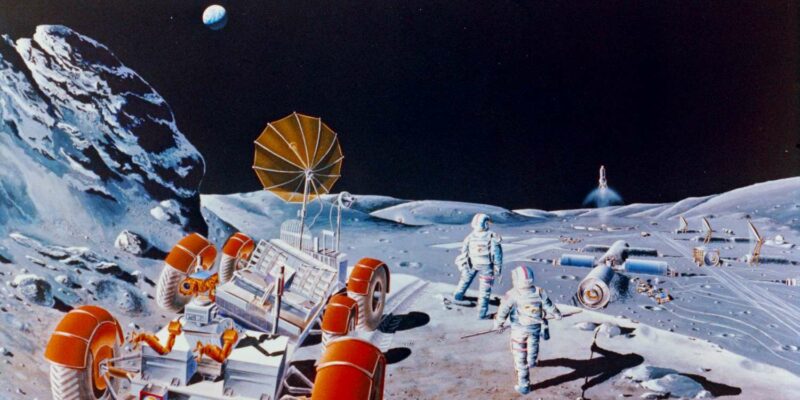
Space Exploration: A Brief History
The history of space exploration is a long and storied one, dating back to the ancient Greeks and Romans. However, it wasn’t until the 20th century that humans began to seriously explore space, thanks to the development of rockets and other new technologies.
The first major milestone in space exploration was the launch of Sputnik 1, the first artificial satellite, by the Soviet Union in 1957. This event sparked a new era of competition between the United States and the Soviet Union, known as the Space Race. Both countries raced to develop new technologies, such as rockets, satellites, and spacecraft, in an effort to achieve new firsts in space.
In 1961, the Soviet Union again took the lead when Yuri Gagarin became the first person to orbit the Earth. This was followed by the United States’ Apollo 11 mission in 1969, which saw Neil Armstrong and Buzz Aldrin become the first humans to walk on the Moon.
Since the Apollo 11 mission, there have been many other significant achievements in space exploration. In 1975, the United States and the Soviet Union collaborated on the Apollo-Soyuz Test Project, the first joint space mission between the two countries. In 1981, the Space Shuttle program was launched, which allowed for the reusable launch of spacecraft. In 1990, the Hubble Space Telescope was launched, which has revolutionized our understanding of the universe.
In recent years, there has been a renewed interest in space exploration, thanks to the development of new technologies, such as reusable rockets and private space companies. In 2012, SpaceX became the first private company to successfully launch a spacecraft into orbit and return it to Earth. In 2018, the United Arab Emirates became the first Arab country to send a spacecraft to orbit Mars.
Today, space exploration is more important than ever before. As our planet faces challenges such as climate change and resource depletion, we need to look to space for new resources and new ways to live. Space exploration also offers the potential to answer some of the most fundamental questions about our universe, such as the origin of life and the existence of other intelligent life.
The Future of Space Exploration
The future of space exploration is full of promise. In the coming years, we can expect to see more private companies entering the space race, as well as new international collaborations. We can also expect to see new technologies, such as artificial intelligence and 3D printing, being used to make space exploration more affordable and efficient.
As we continue to explore space, we will inevitably face new challenges. However, I believe that the potential rewards of space exploration far outweigh the risks. Space exploration has the potential to change our world for the better, and I am excited to see what the future holds.
Benefits of Space Exploration
There are many benefits to space exploration. Some of the most important benefits include:
- Advances in science and technology: Space exploration has led to many advances in science and technology, such as new materials, new medical treatments, and new ways to generate energy.
- Improved understanding of the universe: Space exploration has helped us to better understand the universe, including the origins of our solar system, the formation of stars and galaxies, and the possibility of life on other planets.
- Economic benefits: Space exploration has created jobs, generated revenue, and stimulated economic growth.
- National security: Space exploration can help to improve national security by providing early warning of potential threats, such as missile launches or natural disasters.
Conclusion
Space exploration is a complex and challenging endeavor, but it is also one of the most important and rewarding endeavors that we can undertake. Space exploration has the potential to change our world for the better, and I believe that we should continue to explore space as much as possible.




